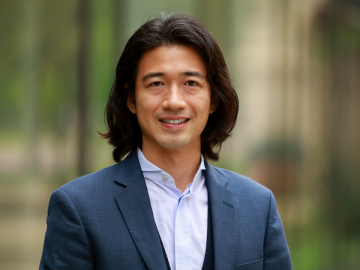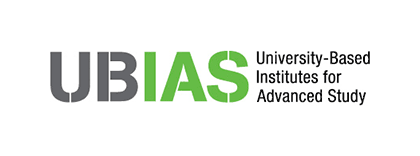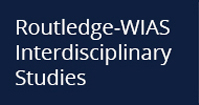“Christianity and Copper Pollution: The Origins of and Responses to the Ashio Copper Mine Incident” (11/8)
Abstract
During the late 19th and early 20th centuries, pollution from the Ashio Copper Mine in Tochigi Prefecture, Japan, wrought damage over a vast area – villages north of the mines were abandoned as the area was made barren from smoke damage, whilst downstream over 40,000 hectares of land were inundated with contaminated flood waters destroying the livelihoods of thousands of farmers.
Ashio’s pollution marked Japan’s first major industrial pollution incident and became an issue around which supporters of social reform began to rally in the late 1890s and early 1900s. Amongst those campaigning against pollution were prominent Christian thinkers including Kinoshita Naoe (1869-1937), Uchimura Kanzō (1861-1930), and others.
These thinkers sought to challenge the causes of the pollution and the government’s lax response to it, whilst supporting the plights of commoners affected by the mine poisons. This paper will explore the origins of the Ashio Copper Mine Incident alongside the development of the thought of early Japanese Christian thinkers in regards to pollution and industrialization in Meiji period Japan. Particular focus will be given to the work of Kinoshita Naoe and Uchimura Kanzō.
It will seek to illustrate that Japanese Christian thinkers were primarily concerned with the human effects of pollution, and that they sought to place the commoners and their plights at the centre of their theologisation of the incident.
This anthropocentric approach, which positions social reform as the key to overcome environmental problems, will potentially offer novel insights and new points of departure to those engaged more environment-focused ecotheologies of the modern day.
Speaker
MORRIS, James Harry
Assistant Professor, Waseda Institute for Advanced Studies, Waseda University
James Harry Morris is an Assistant Professor at Waseda University’s Institute for Advanced Study.
His research, which focuses on the history of Christianity and Islam in Japan and China, has been published in leading journals including the Journal of the Royal Asiatic Society, Missiology: An International Review, and Islam and Christian-Muslim Relations.
Currently he is working on a JSPS funded project entitled The History of Christian Muslim Relations in China and Japan: 1549-1912.
He has previously received funding from the Mine History Association to conduct research into the Ashio Copper Mine and its history.
Date & Time
November 8th, 2022 (Tue.) 10:45 – 12:00 (JST)
Venue
Online
Language
English
Prospected Audience
Students, Faculty and Staff, Researchers, General Participants
Organizers
Waseda Institute for Advanced Study (WIAS)
Research Institute for Environmental Economics and Management (RIEEM)
Registration
Prior registration is required. Please register from here.










